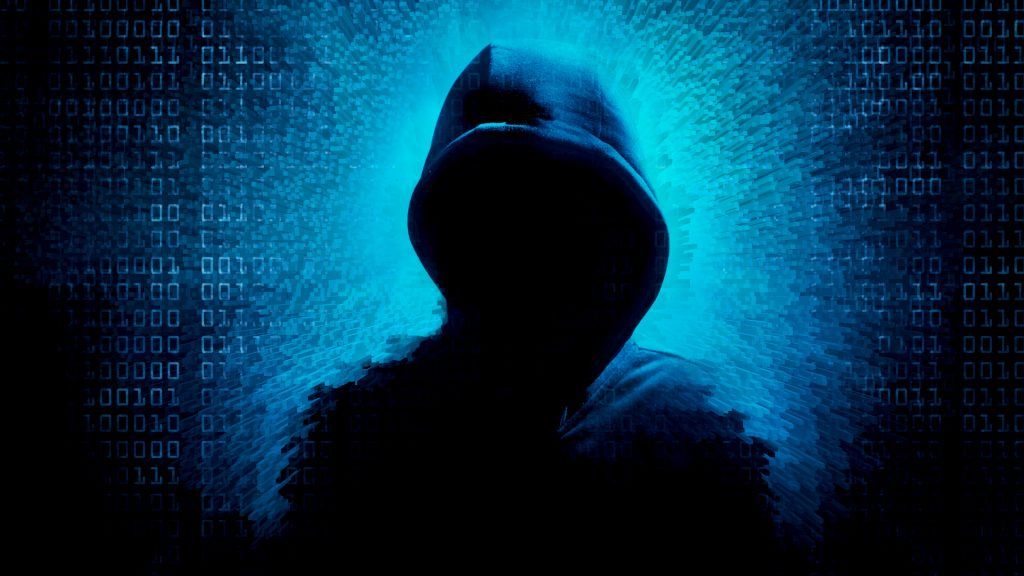The Intersection of Privacy and Technology Solutions from the Darknet
The intersection of privacy and technology solutions from the darknet is a complex and multifaceted topic. At its core, it explores how technologies designed to ensure anonymity and privacy is used within the darknet, a part of the internet often associated with illegal activities but also used for legitimate privacy concerns. With growing concerns about surveillance, data breaches, and privacy violations, many individuals turn to the darknet as a means of securing their online presence and communications. These technologies serve as a vital tool for users who prioritize safeguarding personal information in a world where digital surveillance is ever-increasing. One of the main privacy technologies used in the darknet is encryption. Encryption ensures that data exchanged over the internet is unreadable to anyone other than the intended recipient. Whether through secure messaging platforms or browsing encrypted websites, users rely on encryption to prevent eavesdropping and hacking attempts.

This tool allows individuals to send and receive sensitive information, such as financial transactions or personal conversations, without fear of interception by unauthorized entities. It plays a crucial role in protecting identities and ensuring confidentiality, both for users of the darknet and those who seek privacy on the surface web. Another critical technology contributing to privacy on the darknet is the use of decentralized networks. These networks, often built on blockchain or peer-to-peer models, eliminate the need for centralized servers and control. By distributing data across multiple nodes, decentralized systems make it incredibly difficult for any one party to gain full access to the information being transmitted. This kind of technology not only enhances privacy but also reduces the risk of data breaches, as there is no central point of failure that could be targeted by cybercriminals. The decentralized nature of the darknet allows users to maintain anonymity, even when accessing sensitive or controversial information.
However, the use of these privacy technologies raises ethical and legal questions. While encryption and decentralization offer powerful tools for protecting privacy, they also create a shield for illegal activities. Criminals, hackers, and individuals with malicious intent can exploit these technologies to conceal their actions, making it harder for authorities to trace criminal activity. As a result, governments and law enforcement agencies face a significant challenge in balancing the need to protect privacy with the necessity of ensuring safety and TorZon darknet link security in the digital space. The debate over privacy and freedom versus law enforcement efforts continues to be a topic of heated discussion. At the same time, the darknet and its associated technologies offer a lifeline to individuals in oppressive regimes or areas with limited freedom of speech. Activists, journalists, and whistleblowers can use these tools to bypass censorship and communicate freely without the risk of persecution. The ability to operate anonymously can provide a sense of security for those who might otherwise be silenced or targeted for their views.







